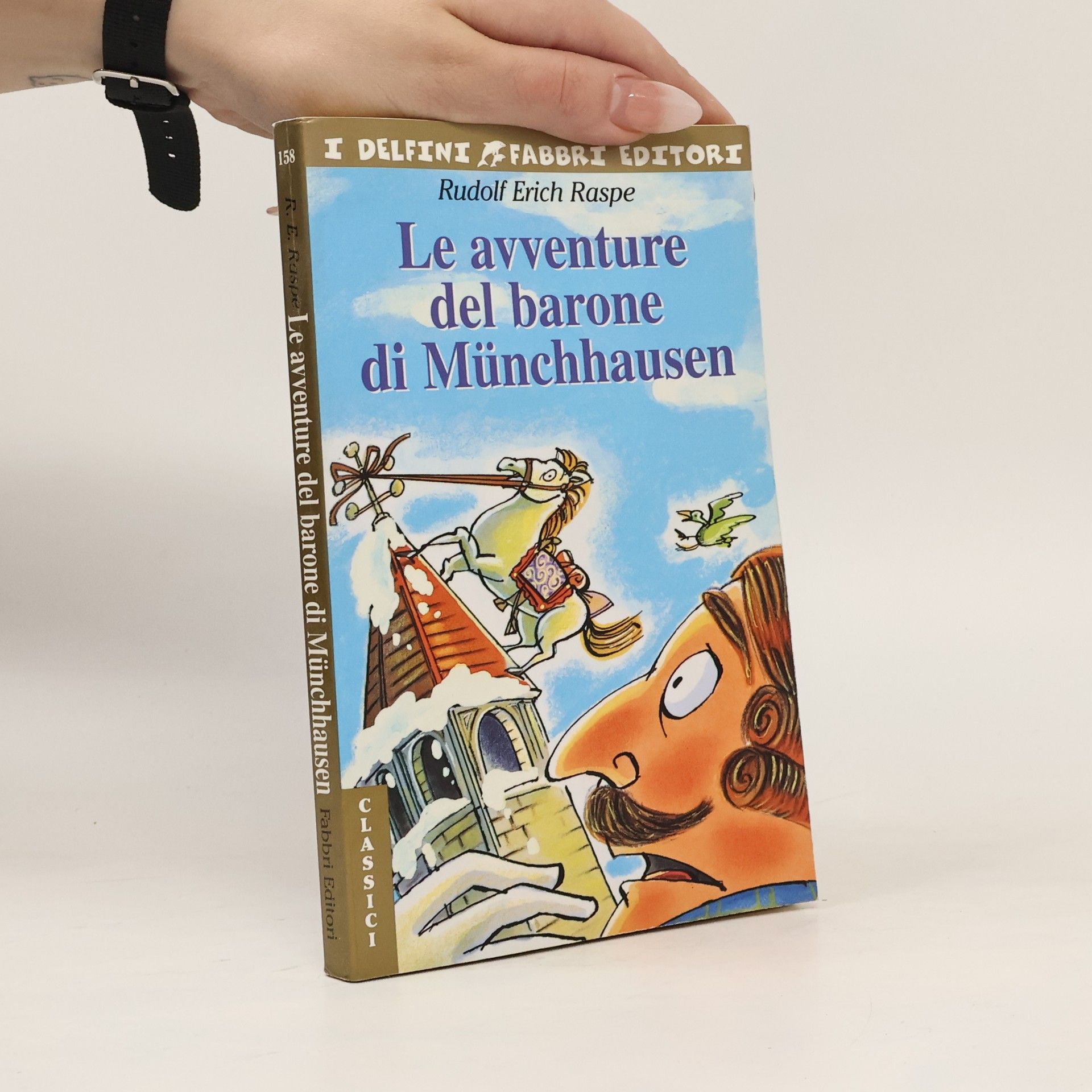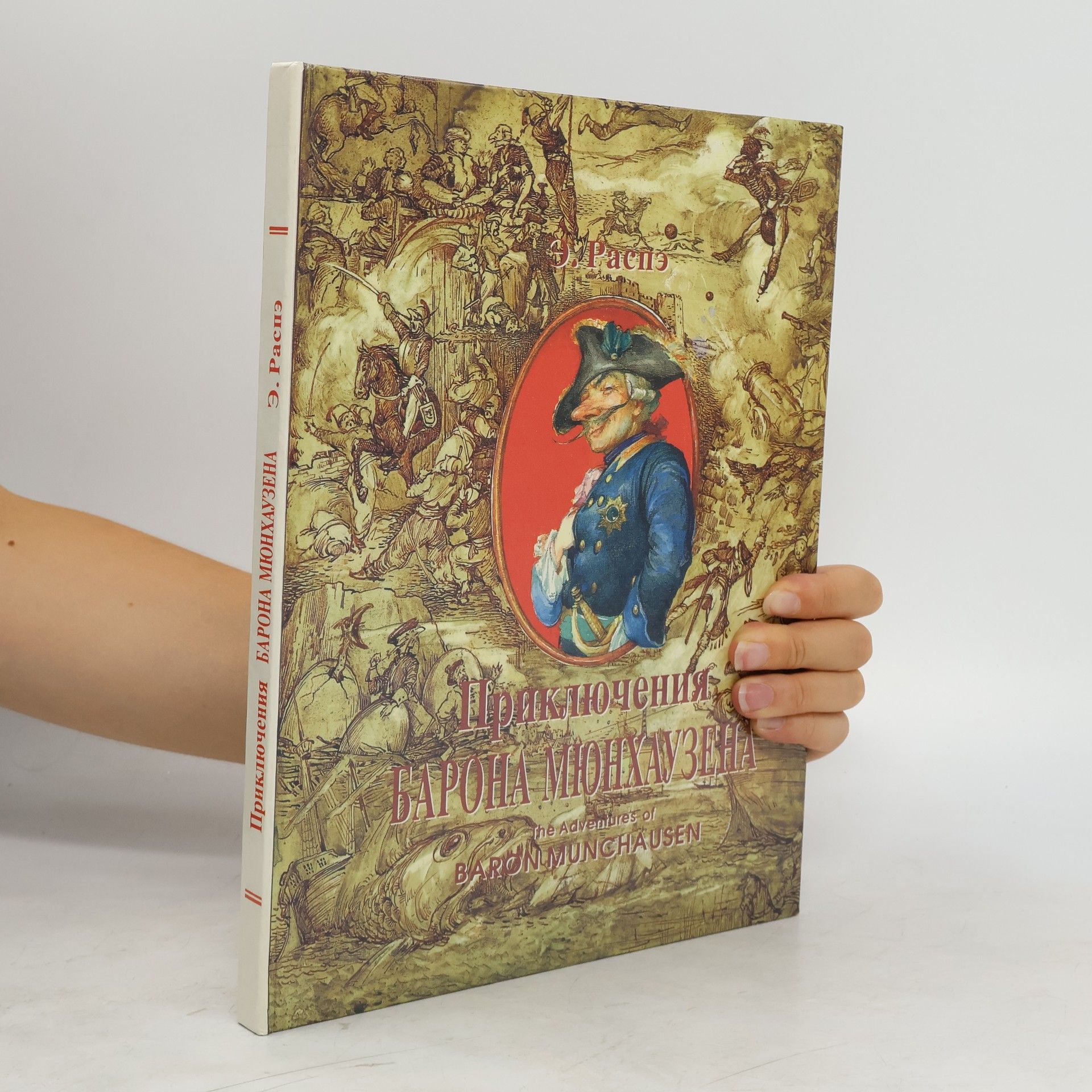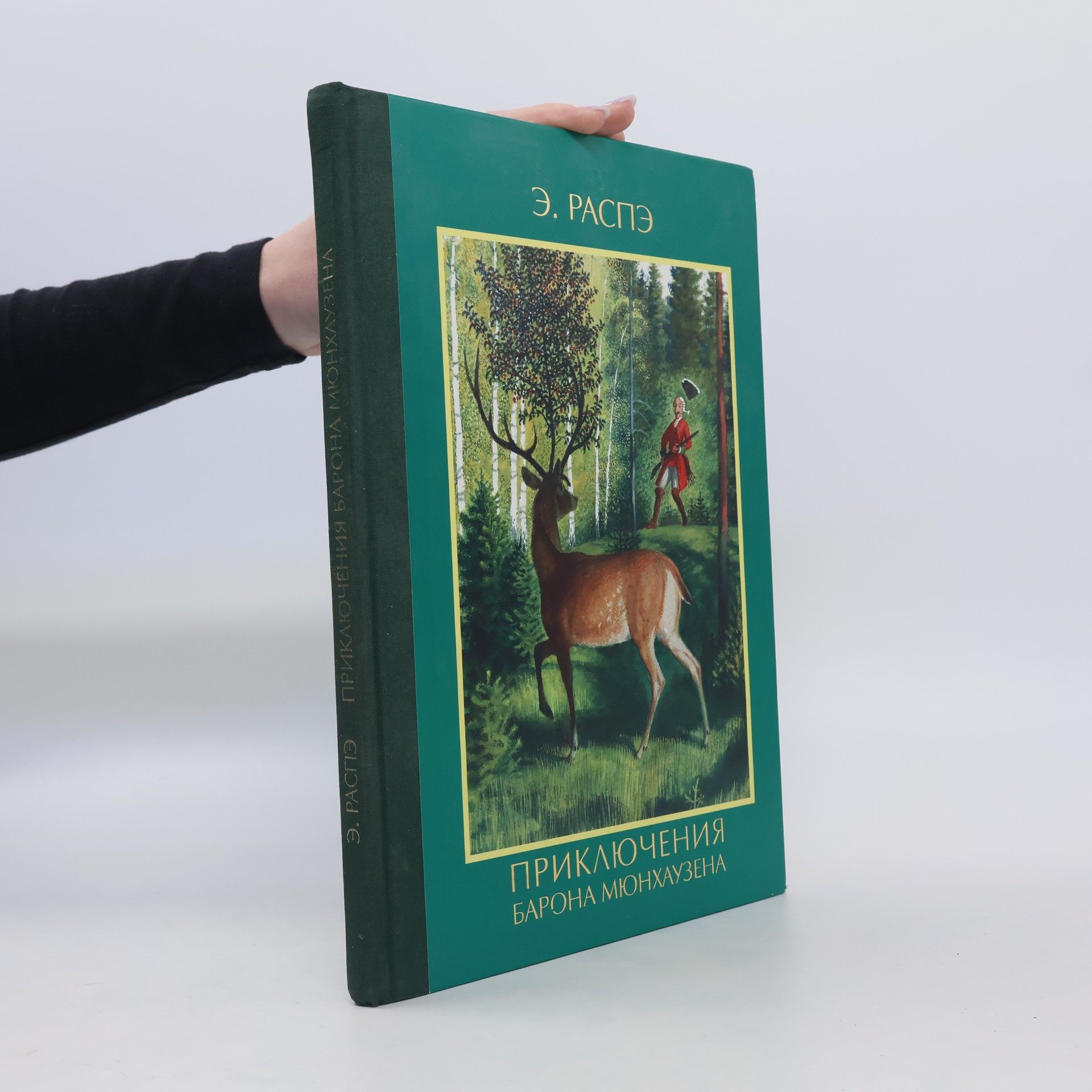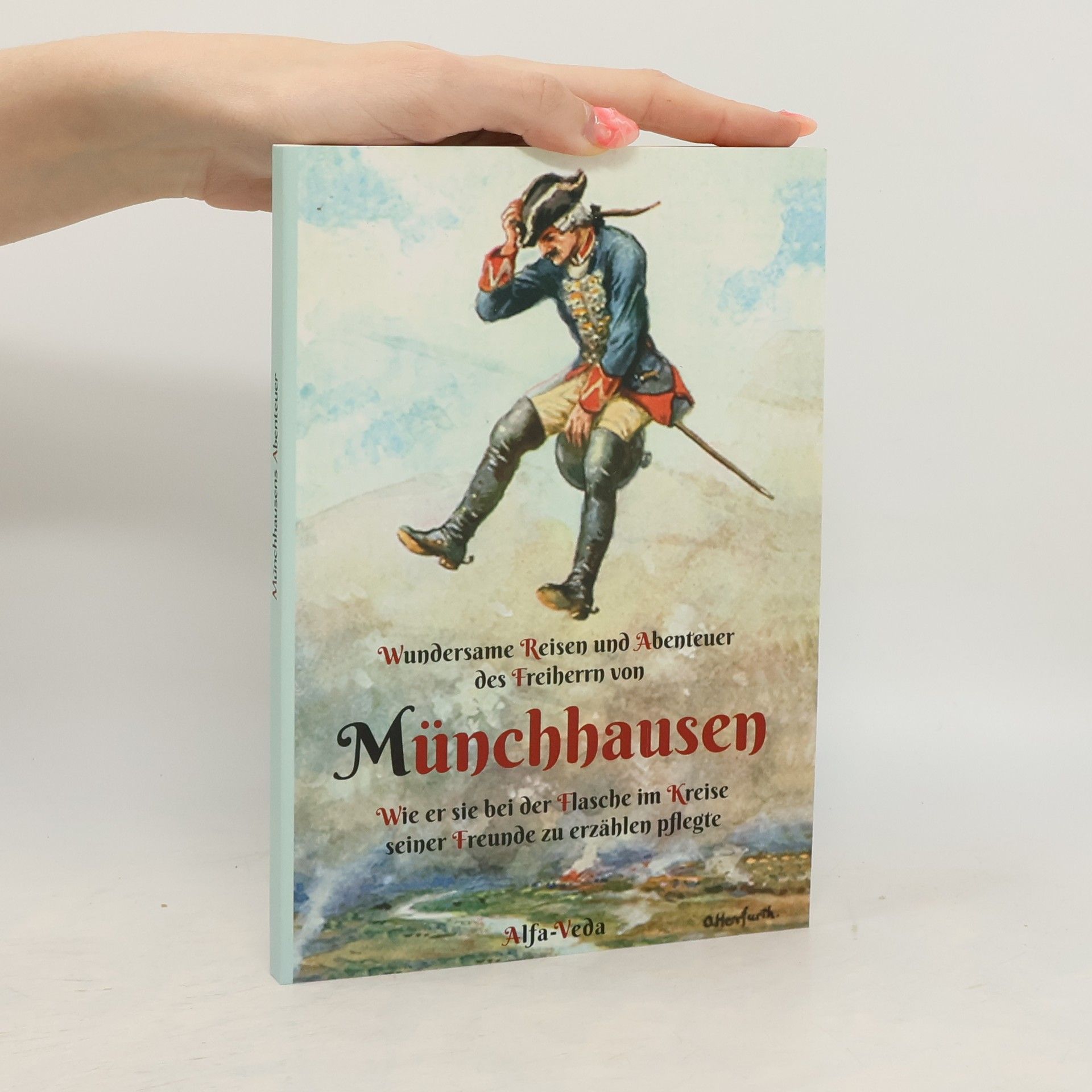Rudolf Erich Raspe Books
Rudolf Erich Raspe was a German librarian, writer, and scientist, best known for his collection of fantastical tales. His works often featured satire and political undertones, touching upon diverse subjects from art history to geology. A versatile scholar and adventurer, Raspe authored numerous publications and translations, reflecting his broad knowledge and curiosity. His most famous work, which later inspired many adaptations, was originally conceived as a satire with political aims.







The Surprising Adventures Of Baron Munchausen
- 132 pages
- 5 hours of reading
Exploring the River Thames, this early 20th-century work by G. E. Mitton offers a blend of historical insights and detailed descriptions. It serves as both a guide and an account of the river's significance in England, highlighting its cultural and geographical importance. Through Mitton's perspective, readers gain a deeper appreciation for the Thames and its role in shaping the surrounding landscape and history.
Приключения барона Мюнхаузена (Priklyucheniya barona Myunkhauzena)
- 254 pages
- 9 hours of reading
В книгах этой серии собраны все литературные произведения, которые изучаются в школе. Все, что ребенку задано для внеклассного чтения, включено в эти книги
I Delfini - 158: Le avventure del barone di Münchhausen
- 178 pages
- 7 hours of reading
Tutti conoscono di nome questo personaggio fantastico che viaggiava a cavallo di una palla di cannone. Ma questa è solo una delle tante imprese impossibili compiute da questo eroe romantico, per cui tutto è possibile.
- Les classiques illustrés - Illustrations originalesTexte intégralLivres brochés, couverture pelliculage brillant12,8 cm / 19,84 cm, papier crème (90g/m2)Police d'écriture Garamond avec ligatures
Приключения барона Мюнхаузена
- 112 pages
- 4 hours of reading
Wundersame Reisen und Abenteuer des Freiherrn von Münchhausen
Wie er sie bei der Flasche im Kreise seiner Freunde zu erzählen pflegte
Hieronymus Carl Friedrich Freiherr von Münchhausen stammte aus dem Hannoverischen und lebte von 1720 bis 1792. Er war viele Jahre als Offizier in Russland und kämpfte in zwei Kriegen gegen die Türken. Mit viel Witz und Humor erzählte er bei einer Flasche guten Weines im Kreise seiner Freunde unglaubliche Kriegs-, Jagd- und Reiseabenteuer, die einer seiner Zuhörer heimlich aufschrieb und zum großen Ärger des Barons in seinem Namen veröffentlichte. Das machte ihn zwar weltberühmt, aber nicht als seriösen Landadeligen mit Humor, sondern als einen wilden Aufschneider und „Lügenbaron“. Dadurch wurden seine Aussagen selbst in einem Scheidungsprozess vor Gericht als unglaubwürdig und erfunden eingestuft. Diese Ausgabe enthält die kühnsten Geschichten der Fassung von 1786 in neuer Rechtschreibung mit vielen bunten Bildern bekannter Illustratoren, einem Nachwort sowie Anmerkungen und Glossar für den Schulunterricht.
Приключения Барона Мюнхаузена. Prikljuchenija Barona Mjunkhauzena
- 141 pages
- 5 hours of reading



